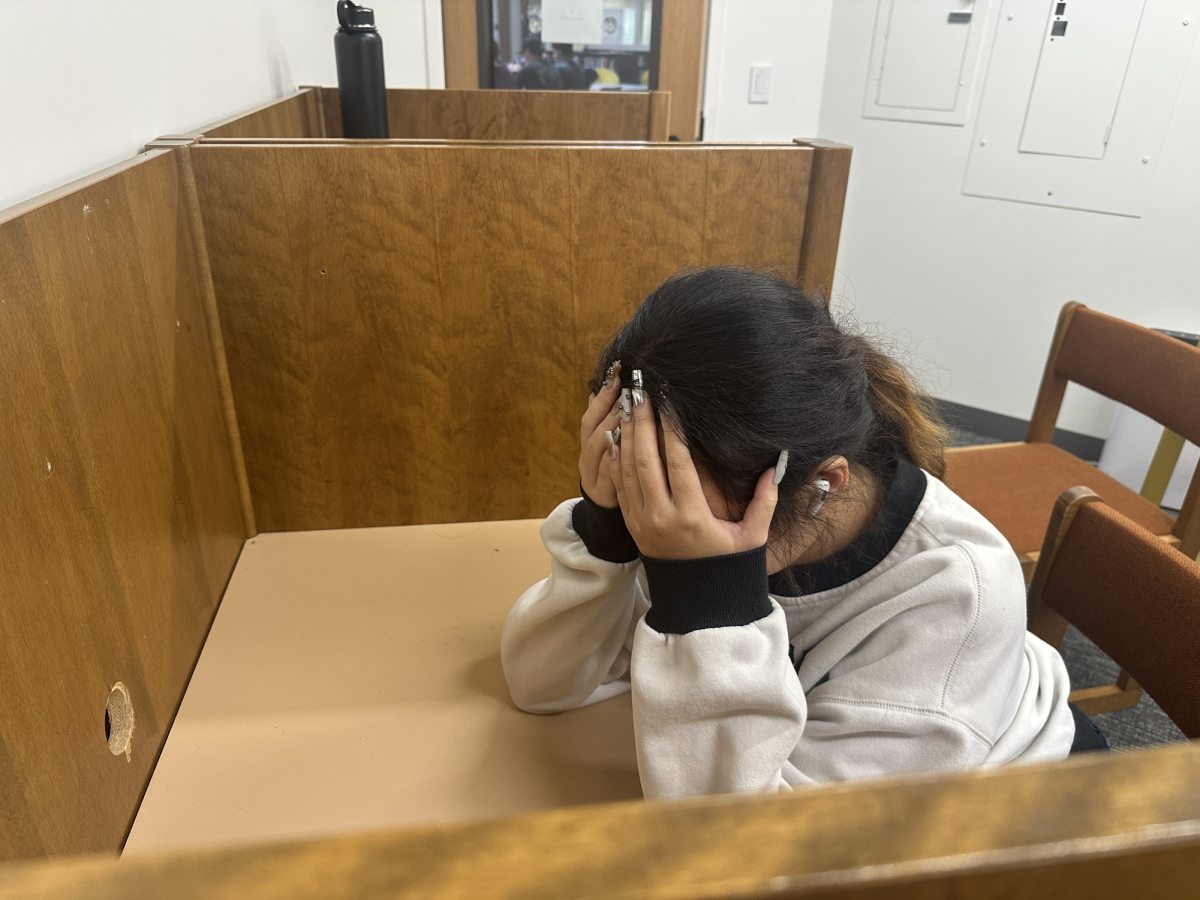Our mission statement states that we “strive to foster student voice.” It is impossible for us to support and cultivate the individual voices of students if they do not agree to publish their names alongside their work. Remaining anonymous damages a writer’s credibility and prevents that writer from accepting feedback and criticism.
An anonymous screed cannot credibly make a claim, especially when its ultimate goal is to change an institution such as The Webb Schools. When sources and authority cannot be verified, their argument and credibility are thus notional. This logical fallacy is known as an appeal to false authority, used to almost deceitfully present an idea without the proper support or logos. When there is not an identified author, their level of expertise cannot be confirmed. Consequently, a source without credibility is an invalid source.
As journalists, we accept that our words and opinions have consequences. If a writer is ethical, then they are presenting information that is honest, accurate, and fair. Once this ethical criteria are met, then that individual should have the moral courage to challenge pre-existing ideas.
Moral courage comprises the knowledge that one is firm enough in their beliefs to pay the price for them. Blatantly stating an opinion while staying anonymous because of the fear of facing repercussions is hardly more effective than remaining silent about the cause. How is a person supposed to evoke change if they are virtually nonexistent? Can they be taken seriously?
Siena Fay (‘17), our former editor-in-chief, unapologetically fought for her beliefs and for her peers in the LGBTQ+ community. Her legacy as a student voice lives on today through the Pride Flag that hangs in the Price Dining Hall. The WCC served as another platform for her to speak up for neglected matters on campus. She published her article about the “no God, no guns, no gays” policy for the annual Theme Nights skits. Despite receiving both positive and negative feedback, she presented her ideas and opinions on the front page of the newspaper to emphasize the significance of her cause.
Other examples of critical matters that the journalists of the WCC have explored include the intense workload of the average Webb student, the neverending battle with sleep deprivation, and the “simp culture” that is ever-so-present among the student body.
Beyond the infamous “Webb bubble,” writers on our team have connected relevant events back to the community through subjects such as the questionable sense of safety on campus, specifically in the case of gun violence, and the emerging youth vaping culture. Because all the members of the journalism program are directly influenced as Webb students, diverse topics are dissected by dedicated writers who believe in the importance of their respective articles. We are in a unique position where we can represent a variety of voices on one united platform.
There are undoubtedly instances in which anonymity is the only viable option. These situations occur in extreme cases, such as malicious attacks and radical threats. For example, human rights activists could potentially turn to anonymity to escape persecution in countries where activism faces brutal charges.
As a student news site, we are supported by the community around us. We are in a position to encourage dialogue while maintaining the support of our adviser, administration, and other members of the Webb community. However, we still carry the responsibility to examine the issues faced among our students. The obligation of informing readers is always the top priority of the Webb Canyon Chronicle. By following these steps, we are not only presenting the community, but we are serving to create it.
Why are Webb students so afraid of getting in trouble? Has it really be drilled into our heads that speaking about controversial issues will inevitably end in disciplinary action? We have a right to talk about issues concerning ourselves and others without worrying about facing unfair disciplinary action as a result.
WCC journalists each uniquely foster students’ voices, impact readers personally, provoke discussion, and promote diversity. However, we all share one common thread: we put our names with our work.
Please note that the Webb Canyon Chronicle staff unanimously voted in support of this editorial opinion.






![Many Webb students spend their free time in the library watching a popular TV show like Riverdale and Euphoria. “Based off what I’ve seen, like in Euphoria, because the actors are older, they don't showcase an actual high school life properly,” Sochika Ndibe (‘26) said. “Since [the actors] are older [and] playing a teenager, from a girl’s perspective, it is going to make you think you should look more developed at a young age.” The actor, who plays Veronica Lodge, was 22 years old at the time of filming.](https://webbcanyonchronicle.com/wp-content/uploads/2025/03/Antecol-Media-affects-how-society-functions-graphic-1200x900.png)







